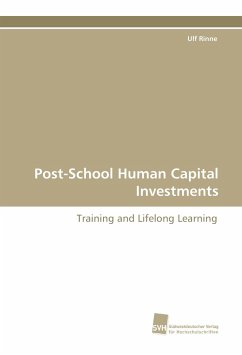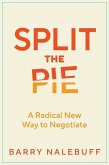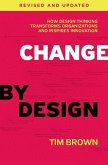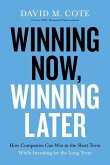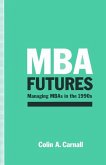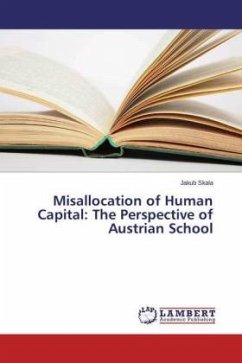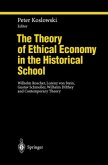This book studies the effects of post-school human capital investments. In contrast to school education which primarily affects the human capital of future generations, interventions later in the life cycle, e.g., public training programs for the unemployed, potentially have an immediate effect on the current workforce. Therefore, these investments appear attractive from a typically short- or medium-term oriented policymaker's point of view. Based on this observation, this book addresses the underlying question of the effectiveness of these investment decisions in a number of facets. Questions which are addressed include the following: Do prime-age skilled unemployed benefit more from training? Can vouchers improve the effectiveness of public training programs? What are the effects of active labor market policy in transition economies? Who engages in lifelong learning, i.e., training activities of employed individuals, and what are the effects of participation?
Bitte wählen Sie Ihr Anliegen aus.
Rechnungen
Retourenschein anfordern
Bestellstatus
Storno

